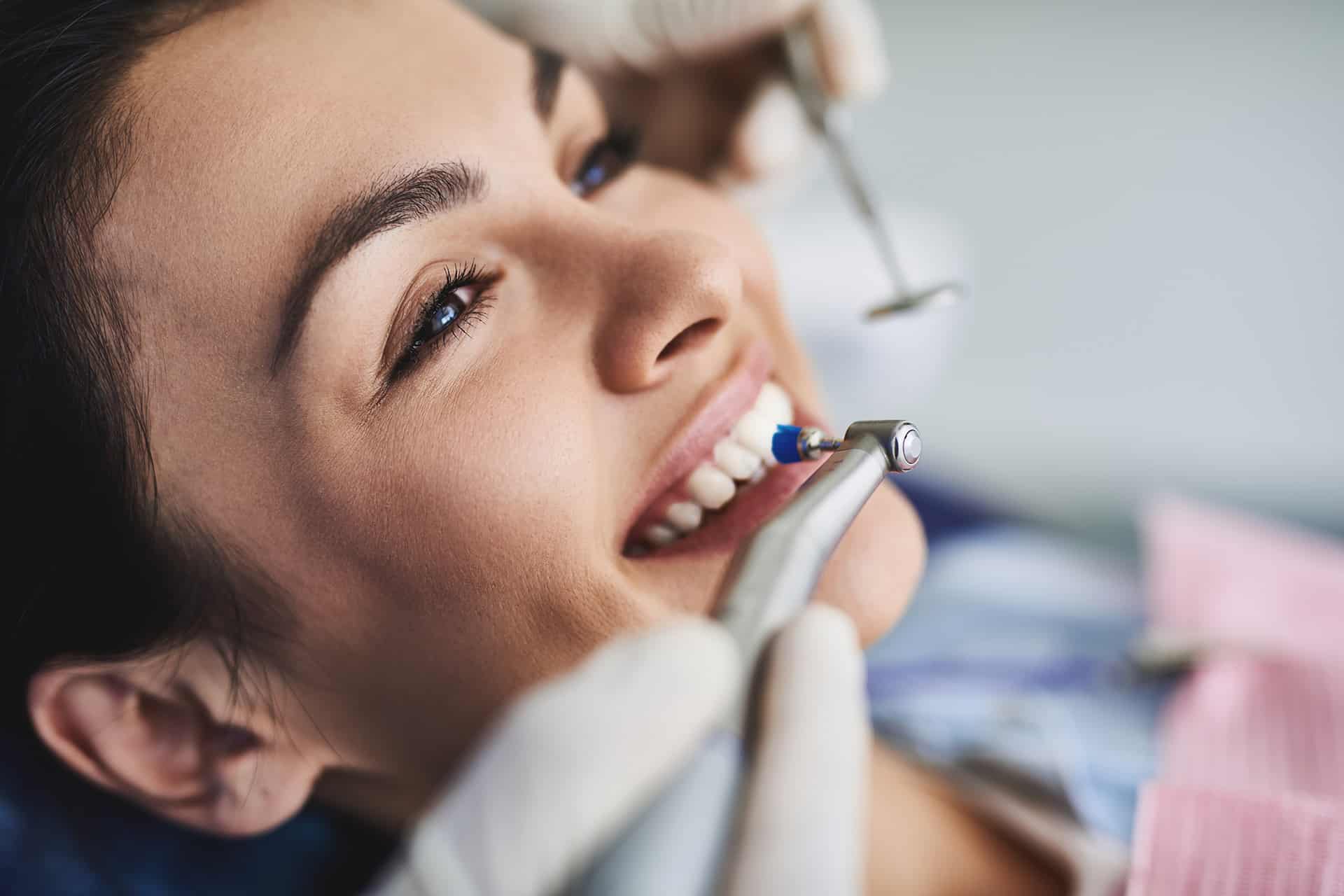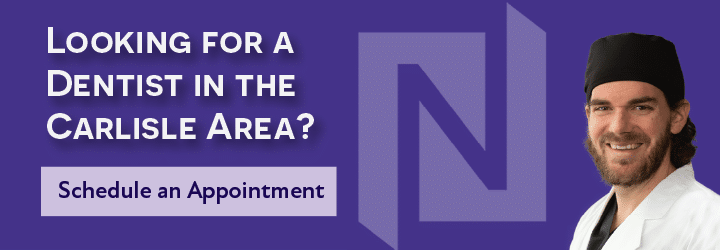
How Often Should I Get My Teeth Cleaned
When you think about going to the dentist, do you usually think of visiting every six months for teeth cleaning and check-up? While regular dental visits twice a year are common, did you know that your personal need for an exam & cleaning may be different than twice a year?
The American Dental Association (ADA) recommends that you not only visit your dentist regularly but also that you allow your dentist to determine the cleaning interval that best meets your need to optimal oral health. Their recommendation is based on a 2013 study in the Journal of Dental Research that researched patient risk status and frequency of preventive visits on tooth loss. The ADA says that patients should consider their frequency of dental cleaning & exam be based on their dentist’s assessment of their individual oral health condition, health history, and oral disease risk.
The Research Study
The study, which was from the University of Michigan School of Dentistry, researched patients to analyze the link between tooth loss and the frequency of preventative dental visits such as dental cleanings. For this study, researchers used patients who had oral-systemic link risk factors such as smokers and patients with diabetes and other inflammatory diseases.
The conclusion of the study suggested that by considering risk factors individually, dentists could recommend individual visit frequencies that could help to prevent periodontal disease, which is a gum infection that can not only lead to tooth loss, but also negatively affect your overall health.. Therefore, patients at higher risk could benefit by having more frequent dental visits while patients at low risk can maintain health with the usual bi-annual visits.
Conclusions suggested that more frequent preventative visits may reduce dental costs over a long period when reducing costs of treating oral diseases such as periodontal disease and tooth decay.
Personalized Dental Care
Individualized care is a team approach to dental care that involves you as part of the team, which is necessary for your best oral health!
Discussing your risk factors with your dentist is the first step to determining your own dental care needs. This team approach also encourages you to work closely with your dentists and hygienist to identify any potential risk factors that would determine the need for and frequency of preventative visits to enhance the outcomes of your dental health.
Frequency of Visits
Because a dental cleaning removes harmful bacteria from your teeth and gums, having those cleanings at proper intervals can prevent damage to your oral tissues.
The goal of determining the how often you should have a cleaning is to be able to ward off bigger and more costly problems. Tooth decay and periodontal (gum) disease can both lead to pain and even tooth loss. They are also more costly than adding a few additional dental cleanings per year.
Typically, patients at low risk for oral disease can maintain good oral health by visiting their dental office every six months. Patients who are at higher risk can prevent or reduce risk of oral diseases by having their cleanings increased to 3-4 times per year.
How Does a 3-4 Month Cleaning Help?
Three or four cleanings a year can help reduce harmful bacteria that forms under your gums. Although plaque bacteria build in our mouths daily, it takes about 3-4 months for the bacteria to become strong enough to start the infection that causes destruction of your dental tissues. Therefore, having your teeth cleaned frequently does not give the bacteria the chance to cause create those serious dental problems.
More Frequent Visits Monitor Oral & Overall Health
While more frequent dental visits are targeting prevention of oral disease and stabilization of periodontal disease, it is also important to know that your dental professionals are also monitoring your mouth for signs of more than just gum disease.
A 2014 study found that people who had periodontal disease and other health conditions such as heart disease, diabetes, and rheumatoid arthritis spent 41% less money on medical appointments related to their diseases if their periodontal disease was maintained.
In addition to the possibility that more frequent dental visits can assist in maintaining better overall health, monitoring your mouth can also lead to discoveries of medical conditions and a referral to your physician. For example, pale gums can sometimes be a sign of anemia. Dry gums can indicate immuno-deficiency issues such as Sjogren’s syndrome or lupus. And unusual changes in your gums such as more bleeding and inflammation can be signs of diabetes.
With more frequent visits, your dentist can serve as an important link between you and your doctor in helping to maintain your overall health.
Your Carlisle Dentist is Here for You!
We are here to help you decide how often you should visit our office. Rest assured that we are committed to personalized treatment that meets your needs for your best oral health!



